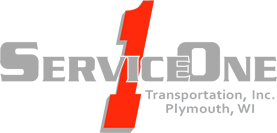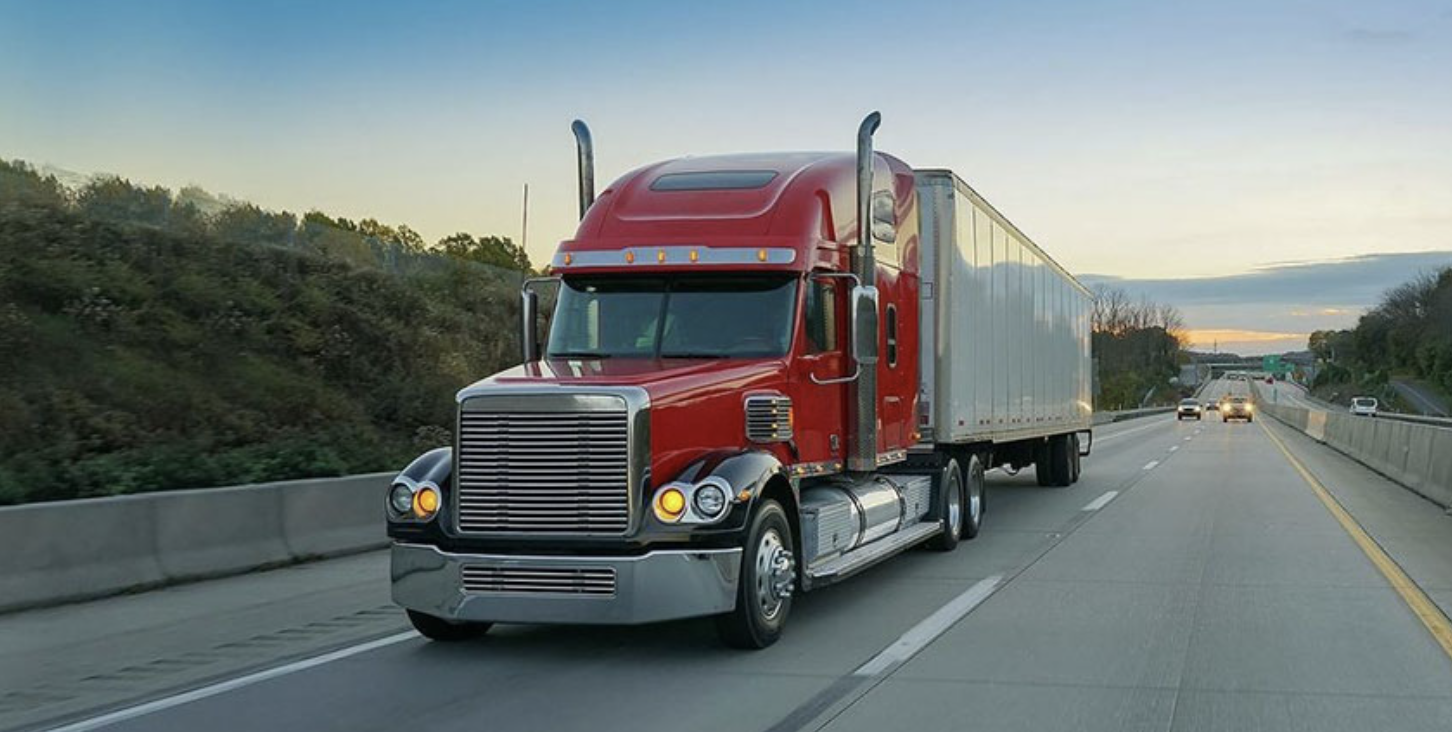Kenosha, Wisconsin might not be the first city that comes to mind when you think of trucking hot spots—but it should be. Thanks to its strategic location between Milwaukee and Chicago, strong ties to manufacturing, and a local economy that values logistics, Kenosha is becoming a key player in the Midwest’s transportation scene. Whether you’re just getting into the industry or looking to make a move, this article breaks down what makes Kenosha a smart place to drive, what types of trucking jobs are available, and how to get started.
Why Choose Trucking in Kenosha?
Kenosha’s Strategic Location
Situated on the shores of Lake Michigan, Kenosha enjoys a prime position along Interstate 94, linking Chicago to Milwaukee. This corridor sees heavy freight movement every day, allowing local drivers to take on both short runs and long-distance loads. The proximity to the Great Lakes port facilities also creates opportunities for intermodal shipping, where goods transfer between trucks, trains, and ships.
Thriving Transportation Sector
Over the past decade, Kenosha has expanded its logistics and warehousing capacities. Major distribution centers for retail and manufacturing firms have set up shop, drawing fleets of semi-trucks for inbound and outbound freight. This growth fuels a steady demand for drivers at all experience levels, from newly licensed CDL holders to veterans seeking specialized roles.
Types of Trucking Careers Available
Local Delivery Drivers
Local drivers handle point-to-point deliveries within Kenosha County and neighboring communities. These roles often involve multiple daily stops—delivering retail goods, building materials, or food products. Typical schedules allow drivers to return home each night, making them ideal for those who value a predictable routine and family time.
Long-Haul Truckers
Long-haul positions send drivers across state lines, and sometimes coast-to-coast. Companies assign loads that might be multi-day runs, covering large regions. Long-haul work demands flexibility and independence, but comes with higher pay rates per mile and per diem allowances to cover meals and lodging.
Benefits of Regional Routes
Regional drivers cover several states in the Midwest, often making round trips in a two- to four-day window. They balance extended routes with regular home time and avoid the high-fatigue environment of transcontinental runs. The regional sector rewards drivers who deliver consistently and maintain excellent safety records.
Cross-Country Routes Prospects
Cross-country drivers may spend two or more weeks on the road. They transport freight from one coast to the other, encountering diverse climates and road conditions. These positions often come with premium pay incentives, such as load bonuses and fuel surcharges that increase overall compensation.
Specialized Freight Operators
Beyond standard dry van haulers, Kenosha’s carriers seek drivers qualified for:
- Flatbed hauling: Transporting oversized or irregularly shaped loads like construction equipment.
- Refrigerated units: Moving perishable goods, requiring temperature control and load monitoring.
- Hazardous materials: Carrying chemicals or fuels, which demands additional endorsements and stringent safety practices.
Specialized roles can command higher wages, reflecting the extra training and responsibility involved.
Key Qualifications and Training
Obtaining a CDL
A Commercial Driver’s License (CDL) is the foundational requirement. There are three classes:
- Class A: Permits operation of vehicles with trailers over 10,000 pounds. Most long-haul and regional roles need Class A.
- Class B: For single-unit vehicles or buses.
- Class C: For passenger transport or carrying placarded hazardous materials in smaller vehicles.
Prospective drivers must pass written knowledge tests and a practical driving exam. Preparing thoroughly for these tests is essential to avoid delays.
Training Programs in Kenosha
Kenosha offers several pathways to earn your CDL.
On-the-Job Training Options
Some local carriers provide paid training where you join as a trainee. You ride with an experienced driver, learning day-to-day operations. After passing your CDL skills test, you transition into a full-time role. This “learn while you earn” model reduces out-of-pocket expenses for school fees.
Vocational School Offerings
Technical colleges in the region deliver classroom instruction and hands-on driving sessions. Courses typically span four to six weeks, covering pre-trip inspections, logbook management, and defensive driving. Graduates often receive job placement assistance, with contacts at local and national carriers.
Safety Certifications and Continued Education
To stand out, consider endorsements such as:
- H Endorsement: Authorizes transportation of hazardous materials.
- N Endorsement: For tank vehicles.
- T Endorsement: For double or triple trailers.
Additional certifications—like forklift operation or cargo securement—can open doors to yard driver jobs and roles at intermodal terminals.
Salary Expectations and Benefits
Entry-Level Pay Range
New CDL holders in Kenosha typically earn $45,000 to $55,000 annually, depending on the carrier and route type. Local delivery roles start on the lower end, while regional training programs may offer pay closer to the top of the range.
Experience-Based Increases
After one to three years on the road, many drivers see their earnings climb to $60,000–$75,000 or more. Performance-based incentives, such as safe-driver bonuses or referral programs, add to base pay.
Additional Perks and Incentives
Health and Retirement Plans
Major carriers in Kenosha often provide comprehensive medical, dental, and vision coverage. Companies may also match contributions to 401(k) plans, helping drivers build long-term savings.
Performance Bonuses
Safety incentives reward accident-free records, on-time deliveries, and fuel efficiency. Some employers offer quarterly or annual bonuses, which can total several thousand dollars.
Work-Life Balance Considerations
Local roles give the clearest separation of work and home life, with daily schedules and weekends off. Regional carriers typically offer set cycles—such as one week on, one week off—enabling drivers to plan family time.
Major Employers in the Kenosha Area
Local Carriers
- CityLine Transport: Focuses on local freight and small-load deliveries.
- Lakeside Logistics: Specializes in refrigerated transport to grocery chains.
- Kenosha Freight Solutions: A family-owned firm offering flatbed and heavy haul services.
National Companies with Regional Hubs
- Schneider National: Operates a terminal near I-94, hiring new and experienced drivers.
- J.B. Hunt: Features intermodal and highway divisions, with weekend home time options.
- Knight-Swift: Offers lease-purchase programs for drivers who want to own their rigs.
Working for a large carrier often means more consistent schedules and standardized benefits packages.
How to Start Your Trucking Career in Kenosha
Job Search Resources
Online Job Boards
Websites like Indeed, Glassdoor, and TruckingTruth list current openings by location and truck type. Use filters to narrow down positions by pay range, home-time frequency, and required endorsements.
Local Staffing Agencies
Kenosha staffing firms—such as Workforce Connections—maintain relationships with area carriers. They can match you with roles based on your qualifications and availability. Agencies may also help you prepare your resume and set up interviews.
Preparing for Interviews and Road Tests
- Resume Tips: Highlight relevant training, endorsements, and any customer-service experience.
- Mock Road Tests: Practice pre-trip inspections and basic maneuvers in a practice yard.
- Interview Prep: Be ready to discuss your safety record, how you handle delays, and your availability for different shift patterns.
Confidence in your skills and a professional demeanor go a long way during recruitment.
Future Trends in Kenosha’s Trucking Industry
Green Transportation Initiatives
Reducing emissions is a priority for Wisconsin’s transportation network. Kenosha drivers may see more hybrid or electric trucks entering local fleets. Companies offer training on new powertrain technologies and incentives for fuel-efficient driving practices.
Technological Advancements on the Road
- Telematics Systems: Real-time tracking and performance data help fleets run smoothly and reward drivers for efficient routes.
- Collision-Avoidance Tools: Cameras, radars, and automatic braking systems are becoming industry standards.
- Mobile Dispatch Apps: Simplify load assignments, document uploads, and communication between drivers and dispatchers.
Staying updated on these tools can boost your value to employers and keep you ahead of industry shifts.
Conclusion
For those interested in a stable and potentially lucrative career, trucking in Kenosha offers a range of opportunities. From local delivery gigs to long-distance runs, the region’s strategic location and growing logistics scene mean sustained demand for skilled drivers. By earning your CDL, pursuing specialized endorsements, and choosing the right employer, you can build a career that fits your lifestyle and income goals.
Ready to start your engine? Explore current Kenosha truck driving openings and apply directly at our Kenosha job page. Whether you’re fresh out of training or looking to advance your driving career, the road to success awaits in Kenosha.

